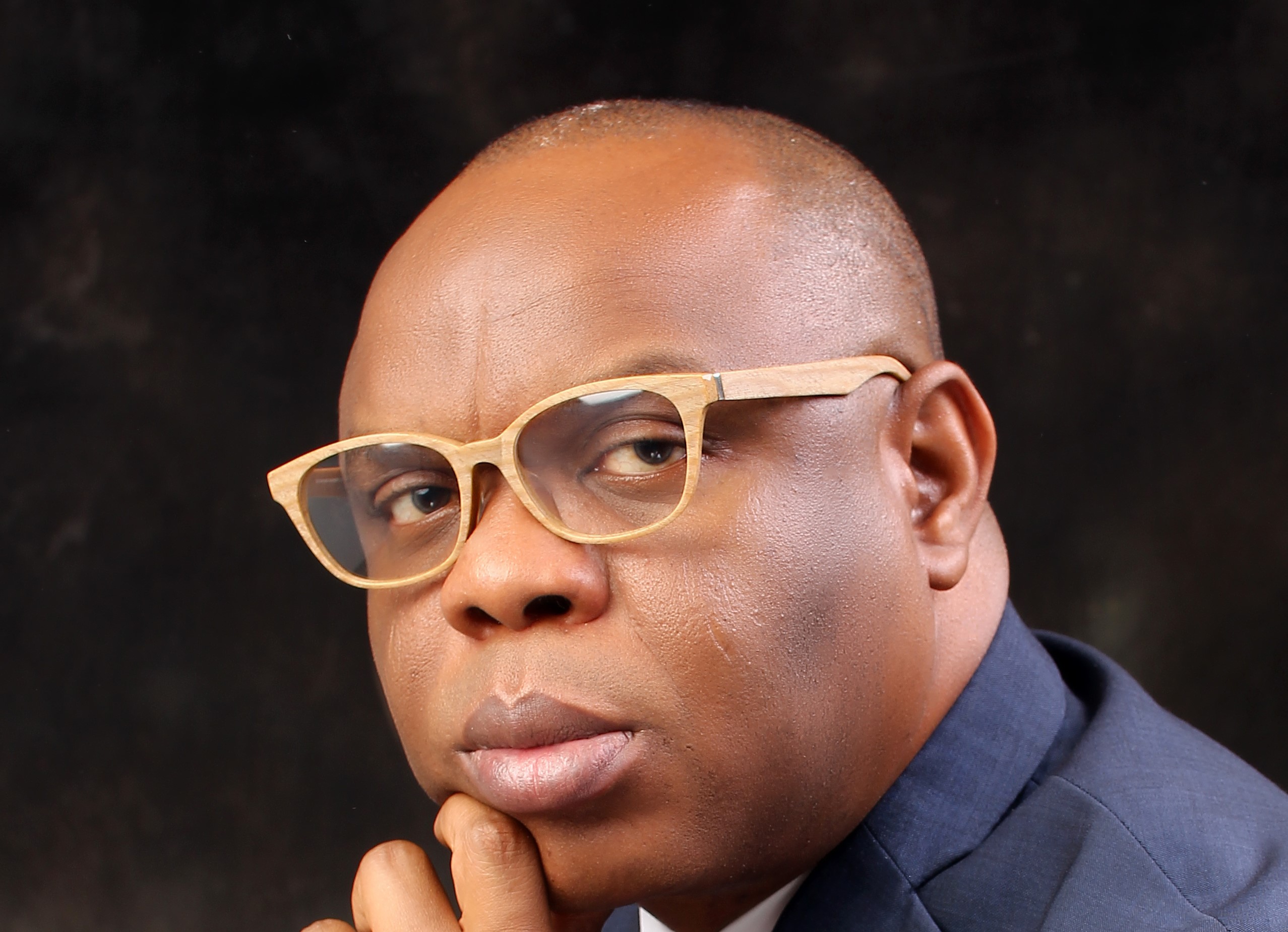MfB Licence: Steps to obtain CBN approval (2)

ADOLPHUS ALETOR is an experienced Executive Managing Director with a demonstrated history of working in the banking industry. Skilled in Negotiation, Business Planning, Risk Management, Analytical Skills, and Banking. He is a strong business development professional.
March 2, 20201.4K views0 comments
Last week I started the series on how to obtain a microfinance bank license from the Central Bank of Nigeria. I attempted to simplify the steps and provision required for such to make for easy understanding by any prospective investor. My interactions during the week were focused on the scripting of my piece in original form. Many people wanted to know the source. The CBN guideline is a public document that can be downloaded and read by anyone without fear of being prosecuted. The only problem some investors have is either the time or discipline to go through the document which is the only reason I have taken up the responsibility of paraphrasing it for them. So by popular demand, I have culled out the portion I explained last week, just the way the guidelines provided for it.
Below are the steps and documentation any prospective investor would require to obtain a MfB licence from the CBN.
a. non-refundable application fee (this changes from time to time and category of license) in bank drafts, payable to the Central Bank of Nigeria;
b. deposit of the minimum capital requirement for the relevant category of MFB, which shall be in bank draft payable to the CBN. The capital thus deposited together with the accrued interest shall be released to the promoters on the grant of a license;
c. satisfactory, verifiable and acceptable evidence of payment by the proposed shareholders of the minimum capital requirement for the category of license being applied for; including personal statement that capital does not originate from bank credit, any form of credit or questionable sources and any activity that relates to money laundering;
d certificate of capital importation issued by an authorized dealer [banks] in the case of foreign capital;
e. a copy of detailed feasibility report disclosing relevant information that shall include: (i) the objectives and aims of the proposed MFB; (ii) the justification for the establishment of the MFB; (iii) the services that the MFB intends to provide; (iv) the branch expansion programme [if any] within the first five years; (v) the proposed training programme for staff and management succession plan; (vi) a five-year financial projection for the operation of the MFB, indicating its expected growth and profitability; (vii) details of the assumptions upon which the financial projection has been made; (viii) the organizational structure of the MFB, setting out in detail, the functions and responsibilities of the top management team; (ix) the composition of the Board of Directors and the Curriculum vitae (CV) of each member including other directorships held [if any]; (x) appropriate management information systems, internal controls and procedures including manuals of operations and (xi) the conclusions based on the assumptions made in the feasibility report.
f. a copy of the draft Memorandum and Articles of Association;
g. a letter of intent to subscribe to the shares of the proposed MFB, signed by each subscriber;
h. a copy of the list of promoters/proposed shareholders in tabular form, showing their business and residential addresses [not post office addresses] and the names and addresses of their bankers;
i. names and CVs of the proposed members of the Board of Directors. The CVs must be personally signed and dated;
No proposed MFB under this policy shall incorporate/register its name with the Corporate Affairs Commission [CAC] until a written approval-in principle [AIP] has been communicated to the promoters by the CBN, a copy of which shall be presented to the Corporate Affairs Commission.
See you next week for the concluding edition.

ADOLPHUS ALETOR is an experienced Executive Managing Director with a demonstrated history of working in the banking industry. Skilled in Negotiation, Business Planning, Risk Management, Analytical Skills, and Banking. He is a strong business development professional.
